Academic writing has long been derided for its unintelligibility, and quite frankly, that reputation is deserved. Why is a profession that is dedicated to furthering human knowledge so unskilled at conveying that knowledge to others? In this classic 2014 essay, cognitive psychologist Steven Pinker formulates some hypotheses. He applies his understanding of academia, human cognition and linguistics to make some candid observations, solve the “academese” puzzle and propose a few strong recommendations.
Academics tend to employ an unnecessarily complicated writing style, dubbed “academese,” which is often incomprehensible even to their peers.
Consider this sentence: “Participants read assertions whose veracity was either affirmed or denied by the subsequent presentation of an assessment word.” This is an example of esoteric academic speak. With effort, you might perhaps untangle the intended meaning: “Participants read sentences, each followed by the word ‘true’ or ‘false’.”
So why do academics construct unwieldy, arcane sentences that even their peers struggle to comprehend? One theory, favored by people outside academia, suggests that incomprehensible writing attempts to give weight to flimsy or obvious ideas. Another theory posits that, due to the complexity of their subject matter, academics must develop a professional shorthand that only their peers understand and that makes their writing inaccessible to laypeople. A third theory ...
Steven Pinker is an author, cognitive psychologist and psycholinguist. His books include The Better Angels of Our Nature and The Sense of Style: The Thinking Person’s Guide to Writing in the 21st Century.









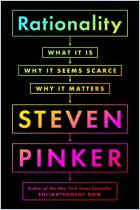
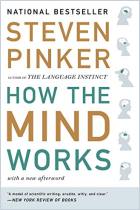
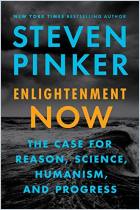

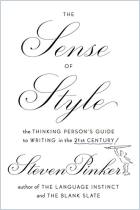
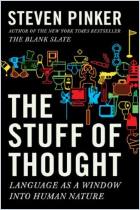
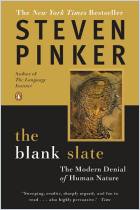










Comment on this summary or Start Discussion